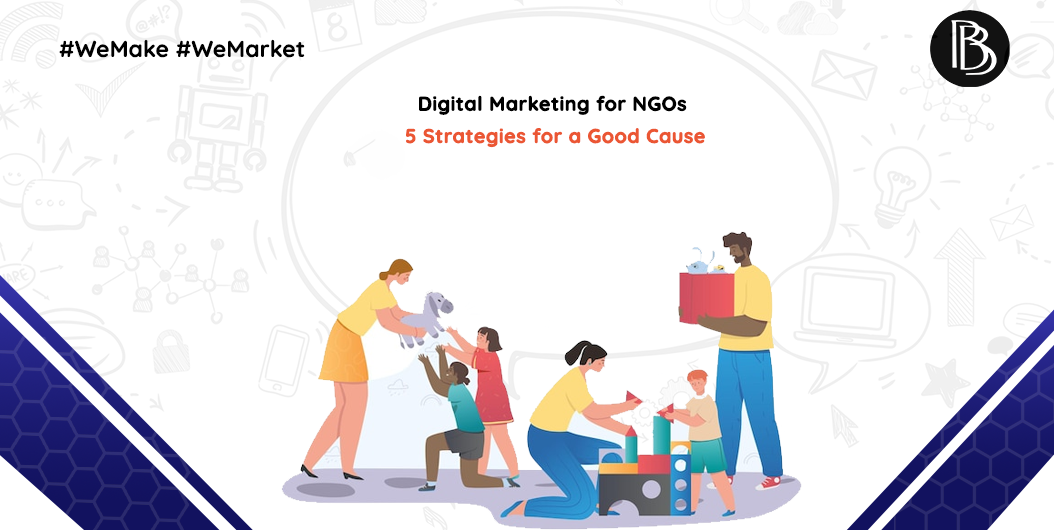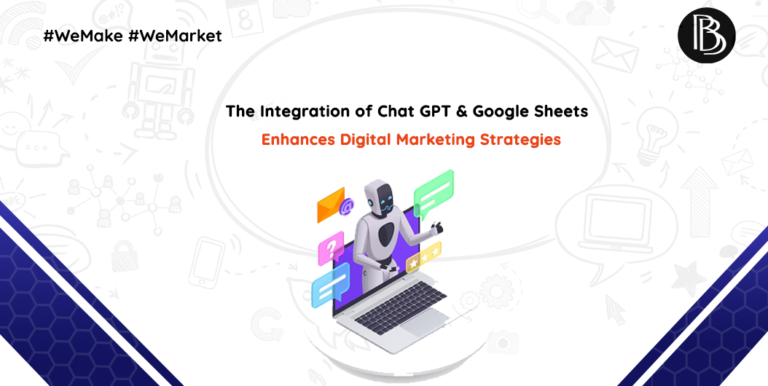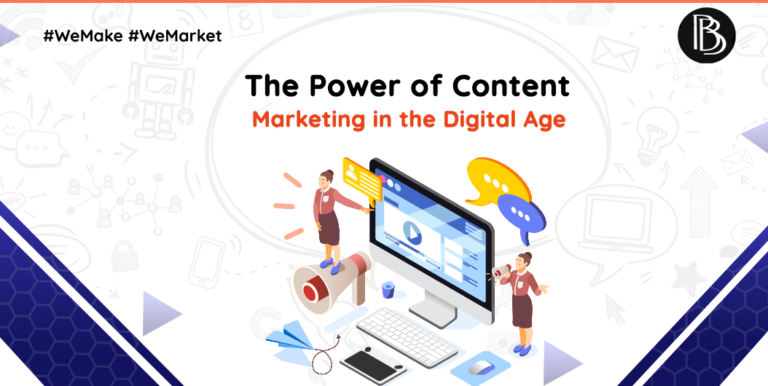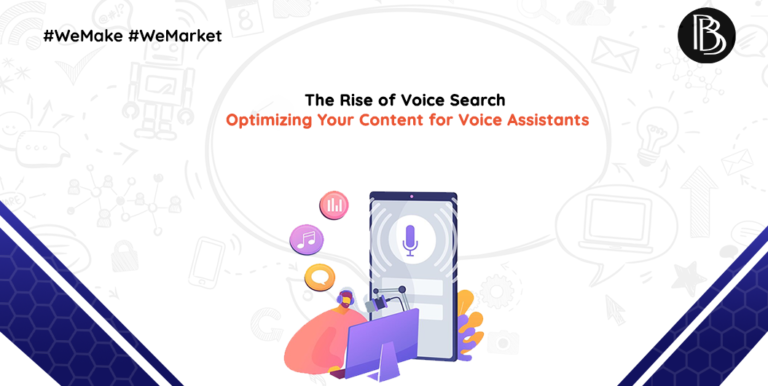Digital Marketing for NGOs: 5 Strategies for a Good Cause
In today’s digitally driven world, non-governmental organizations (NGOs) face a unique challenge: effectively reaching and engaging their audience amidst the constant noise of online platforms. Traditional marketing methods are gradually giving way to digital strategies, offering NGOs unprecedented opportunities to amplify their voices, attract resources, and champion their causes. In this article, we’ll delve into the principles of digital marketing for NGOs and explore five essential strategies to maximize their impact.

Why Think about Digital Marketing for NGOs?
Digital marketing isn’t just a trend; it’s a necessity for NGOs looking to make a meaningful impact in the modern world. Here’s why:
Promoting Social Causes
Digital marketing provides NGOs with a platform to raise awareness about pressing social issues, educate the public, and advocate for change. Through compelling content and targeted campaigns, nonprofits can spark conversations and mobilize support for their cause.
Strengthening and Positioning the NGO
A strong digital presence enhances the credibility and visibility of an NGO. By consistently sharing valuable content, engaging with stakeholders, and showcasing their impact, nonprofits can establish themselves as leaders in their field and attract more supporters.
Attraction and Retention of Resources
Digital marketing enables NGOs to reach a wider audience of potential donors, volunteers, and partners. By implementing effective strategies for donor acquisition and retention, nonprofits can sustain their operations and expand their impact over time.
Digital Presence
In today’s digital age, having a strong online presence is essential for any organization. A well-designed website and active presence on social media platforms help NGOs connect with supporters, share updates, and drive action.
Automation of Channels and Strategies
Automating certain marketing tasks, such as email campaigns or social media scheduling, can streamline processes and free up time for NGOs to focus on their mission. Automation tools also enable personalized communication at scale, enhancing engagement and efficiency.
5 Digital Marketing Strategies for NGOs

- Content Marketing: Create compelling content, including blog posts, videos, and infographics, to educate and inspire your audience. Share stories of impact, highlight upcoming events, and provide valuable resources related to your cause.
- Social Media Marketing: Leverage platforms like Facebook, Instagram, Twitter, and LinkedIn to engage with supporters, share updates, and drive action. Use a mix of organic posts, paid advertising, and influencer partnerships to expand your reach.
- Email Marketing: Build and nurture relationships with donors and supporters through targeted email campaigns. Segment your audience based on their interests and donation history to deliver personalized content and calls to action.
- Search Engine Optimization (SEO): Optimize your website and content for search engines to increase visibility and attract organic traffic. Conduct keyword research, optimize meta tags, and create high-quality, relevant content to improve your ranking in search results.
- Pay-Per-Click (PPC) Advertising: Invest in targeted PPC campaigns to reach potential supporters and donors. Use platforms like Google Ads and Facebook Ads to display ads to users based on their interests, demographics, and online behavior.
- Crowdfunding Campaigns: Launch crowdfunding campaigns on platforms like GoFundMe or Kickstarter to raise funds for specific projects or initiatives. Tell a compelling story, set clear fundraising goals, and engage your network to spread the word and drive donations.
- Influencer Partnerships: Collaborate with influencers and thought leaders in your niche to amplify your message and reach new audiences. Identify individuals or organizations with a genuine interest in your cause and explore opportunities for collaboration and advocacy.
- Community Engagement: Foster a sense of community among your supporters by hosting virtual events, webinars, or online forums. Encourage dialogue, share resources, and provide opportunities for networking and collaboration.
- Mobile Marketing: Optimize your website and digital content for mobile devices to ensure a seamless user experience. Consider developing a mobile app or leveraging SMS marketing to communicate with supporters directly on their smartphones.
- Analytics and Measurement: Track and analyze key performance indicators (KPIs) to evaluate the success of your digital marketing efforts. Monitor metrics such as website traffic, social media engagement, and donation conversions to identify areas for improvement and optimization.
The Role of Digital Marketing Agencies for NGOs:
Digital marketing agencies specializing in non-profit organizations can be valuable partners in navigating the complex digital landscape. These agencies bring expertise, experience, and resources to help NGOs develop and execute effective digital marketing strategies. From crafting compelling content to managing social media campaigns and optimizing website performance, digital marketing agency for NGO can provide comprehensive support tailored to the unique needs and goals of NGOs. By partnering with a reputable agency, NGOs can maximize their impact, reach a broader audience, and drive meaningful change more effectively.
In conclusion, digital marketing holds immense potential for NGOs seeking to advance their missions, engage supporters, and drive positive change. By embracing these five strategies and staying attuned to emerging trends and technologies, NGOs can harness the full power of digital marketing to make a lasting difference in the world.







